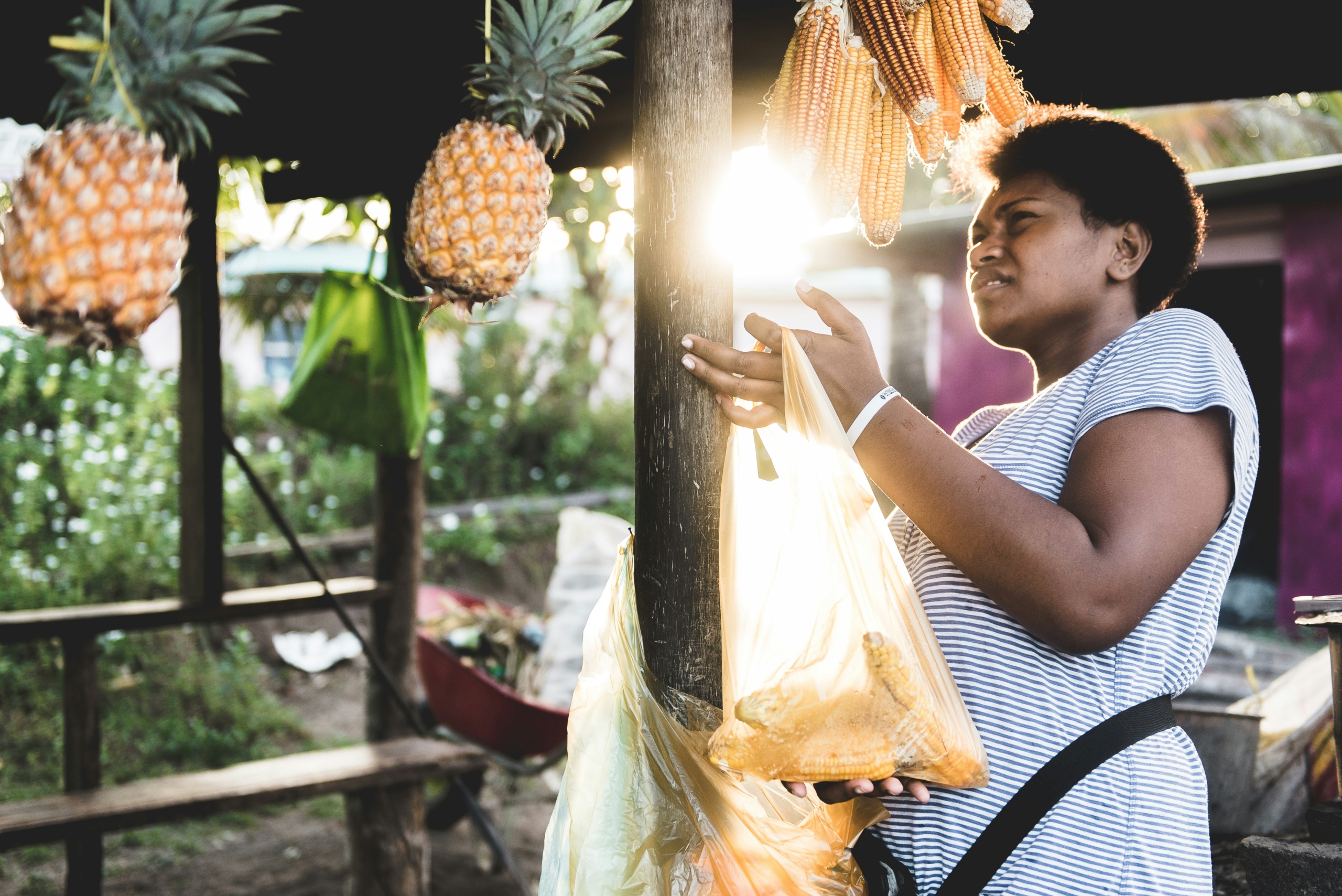Innovations in Poverty Eradication in Fiji
 Poverty is a significant issue in the islands of Fiji. However, instead of giving up, the country is actively seeking new and innovative ways to assist those who are struggling. Through both small community projects and large-scale government plans, Fiji is leading the way in the fight against poverty. The country is making great strides towards achieving the Millennium Development Goals (MDG) in Education, Health, Environmental Sustainability and Global Partnership for Development (GDP), especially compared to most Pacific developing member states.
Poverty is a significant issue in the islands of Fiji. However, instead of giving up, the country is actively seeking new and innovative ways to assist those who are struggling. Through both small community projects and large-scale government plans, Fiji is leading the way in the fight against poverty. The country is making great strides towards achieving the Millennium Development Goals (MDG) in Education, Health, Environmental Sustainability and Global Partnership for Development (GDP), especially compared to most Pacific developing member states.
Oxygen Access Helps Poverty Eradication in Fiji
In Fiji, oxygen access was one of the biggest health issues due to the lack of a consistent and reliable supply of medicinal oxygen. To tackle this problem and achieve poverty eradication in the nation, the Ministry of Health, in partnership with Cure Kids, launched an exciting initiative called the Oxygen Project to improve oxygen access. The Oxygen Project distributes oxygen concentrators to health care facilities all over Fiji. Oxygen concentrators are small, lightweight devices that filter the air and concentrate the oxygen, ensuring that patients receive pure, medicinal-quality oxygen.
This initiative eliminates the need for bulky oxygen tanks that require transportation between health centers. Solar power systems installed in health facilities enabled the concentrators to operate without traditional power sources. Most importantly, the project will train biomedical engineers, solar engineers and nurses in operating, maintaining, monitoring and repairing solar panels and concentrator systems.
Telecommunication Technology
Fiji is connected to major telecommunication hubs and nearby Pacific Island nations through a vast network of underwater cables. Amalgamated Telecom Holdings (ATH), which the Fiji National Provident Fund primarily owns, owns Fiji’s telecommunication providers, including Vodafone, Telecom Fiji and Fiji International Telecommunications Ltd.
The second significant player in the market is Digicel. At the same time, Starlink, a satellite internet provider and a subsidiary of SpaceX, has received government approval and is soon anticipated to launch in Fiji. Due to a lack of infrastructure development in rural areas, about 5% of the country still lacks mobile network coverage.
Due to a lack of infrastructure development in rural areas, about 5% of the country still lacks mobile network coverage. Telecommunications play an essential role in poverty eradication in Fiji because they expand access to information, enhance communication networks, create economic opportunities, support education and skills development and improve health care access.
The World Bank’s Role in Sustainable Recovery
The World Bank’s executive directors approved an operation to support Fiji’s ongoing efforts to recover from the impacts of COVID-19 and multiple tropical cyclones. The World Bank’s Fiji Recovery and Resilience First Development Policy Operation (DPO) with a Catastrophe-Deferred Drawdown Option (Cat-DDO) will accelerate the nation’s recovery while enhancing economic, social and climate resilience.
Fiji experienced a severe economic contraction that left one-third of its workforce without full-time employment. The project perfectly aligns with the recently authorised World Bank Group Country Partnership Framework for Fiji (2021–2024) and the Fijian National Development Plan. Enhancing Fiji’s debt and public financial management is a top priority for the operation, which also encourages women’s participation and breaks down barriers between the sexes in industries where males predominate.
Furthermore, the operation supports the creation of a Social Assistance Policy that will enhance the effectiveness and targeting of social assistance programs for numerous impoverished and vulnerable groups in Fiji, as well as the private sector-led economic recovery supported by the International Finance Corporation (IFC).
Conclusion
Innovative methods for poverty eradication in Fiji are starting to emerge to meet the multifaceted issues that disadvantaged communities face. These include projects like social enterprise development, digital technology, community-based tourism, climate-smart agriculture, microfinance and financial inclusion, social protection programs and participatory planning and governance.
These inventions seek to strengthen livelihoods, empower communities and increase resistance to environmental difficulties and economic shocks. These poverty innovations support inclusive growth and sustainable development in Fiji by integrating business models with social impact goals and encouraging local ownership and cooperation.
– AuiCha Conley
Photo: Unsplash
